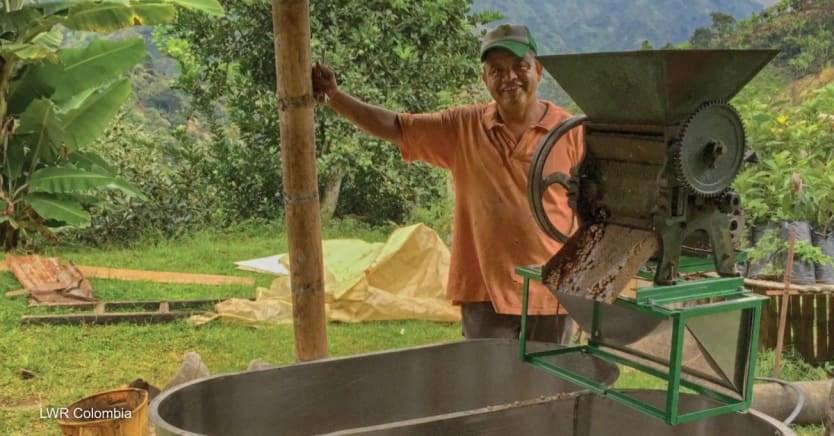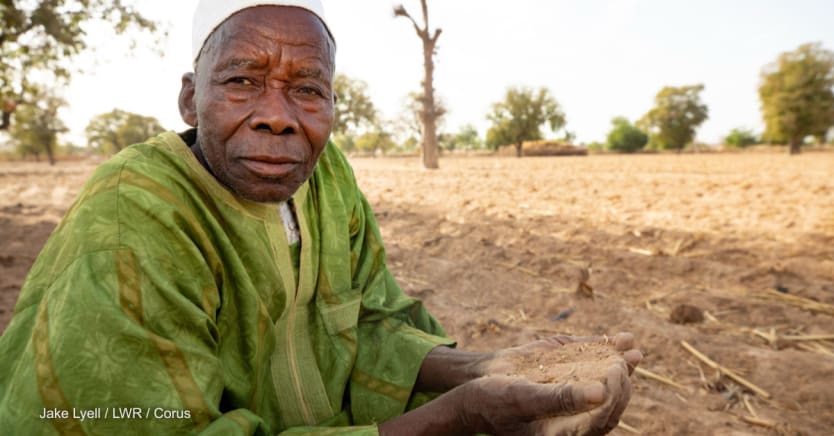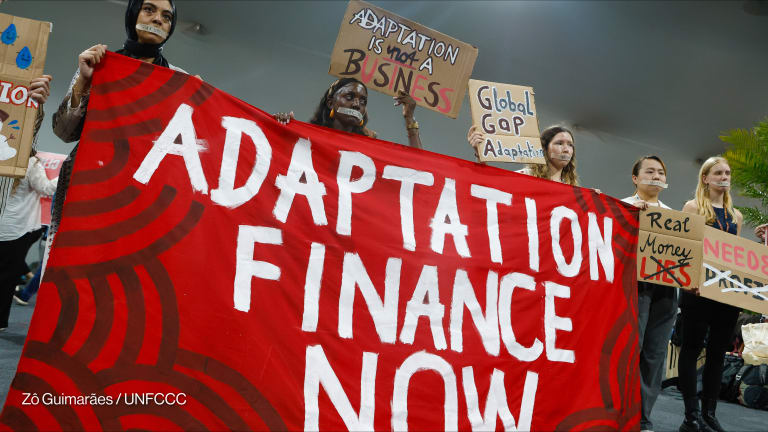
The 27th United Nations Climate Change Conference claims that it will be the COP of “implementation” — getting down to the brass tacks of fulfilling some of the commitments that countries have made. It is essential, though, that the process of turning these commitments into action does a better job of supporting locally led adaptation efforts, including the crucial role of small and growing local businesses in rural areas.
Translating the climate diplomacy being hobnobbed in Sharm el-Sheikh’s resorts into tangible support for the most affected populations has never been more urgent. Indeed, the priority should be on the recovery of disaster-stricken and often malnourished populations — more than 800 million people are currently facing hunger according to the World Food Programme — helping them address climate-related shocks and adapt to the uncertain future where they must withstand many more.
But as delegates talk and advocates lobby to turn pledges into action — including implementing appropriate adaptation strategies and various financial mechanisms — the “how” deserves a closer look.
Climate financing for smallholder farmers
Corus unites Lutheran World Relief, IMA World Health, CGA Technologies, and Ground Up Investing. Subscribe to our mailing list to learn more about how Corus organizations work together to do development differently at the intersections of poverty, climate change and public health in the world’s more fragile settings.
From our perspective, locally led adaptation starts with sustainable and resilient livelihoods for threatened communities, including the more than 500 million smallholder farms linked to small and growing local businesses. These businesses manage 60% of Africa’s food production and trade continent-wide, and make up 70% of gross domestic product in some countries.
The good news is that these enterprises are developing innovative climate-adapted solutions to address the challenges faced by smallholder communities. However, they are often overlooked by funders because they are too small or perceived as too risky. Much of this new climate financing we are seeing appears to be aimed at higher capacity projects and enterprises. While these large investments may yield positive returns and some degree of climate change mitigation, implementation of climate commitments should focus on making sure dividends are felt far down the supply chain, where people and farms are most affected.
Our goal should be reasonable margins and benefits for rural producers who need support now to adapt and transform or to delink from unsustainable, illicit, or eco-damaging supply chains. This suggests that the structures being built by the COP process must be participatory and do much better to support the demand side for each wave of climate cash. And it must be additional to the development and humanitarian funding required. All groups involved in implementation should listen to other, less often heard voices to help them look at new models of where and how funding for climate adaptation should be channeled beyond large projects in three-to-five-year cycles.

Investing in climate-conscious small businesses
One new model that Corus International and others are finding success with is impact investing. Through our impact investing approach, we are establishing mutual partnerships with local businesses that have shared goals while offering patient capital and sharing of risk. By investing in small enterprises that put people, planet, and profit on equal footing, Corus is supporting locally led adaptation that is sustainable.
In our work in coffee and cacao value chains, for instance, we have supported enterprises where sustainable and climate-friendly approaches to production and processing aim to create both profit as well as habitat sustainability and resilience. In Colombia, protecting a watershed through agroforestry approaches and low water use during coffee production led to reduced runoff and helped create a company selling bio-fertilizer from the alternative.
These companies are building better supply chains and improving environmental outcomes on small farms, often by developing and deploying user-friendly technology solutions. Most importantly, they pay farmers more for their hard work, going beyond Fair Trade models. Their business models are designed to be financially sustainable and people-centered.
By improving soil health and restoring and protecting water systems, they also work to increase biodiversity. The how of these successful projects, designed to address the effects of climate change and enhance resilience, requires working with diverse private and public partners — including women's cooperatives, local governments, producer groups, researchers, and agricultural extension workers.
We believe that deploying financial, technical, and relationship capital over the long-term — in flexible and catalytic ways at the grassroots level — will empower smaller, local enterprises to help combat climate change in several reinforcing ways.
First, it will help communities lead adaptation efforts to climate change by accelerating inclusive, sustainable growth at the grassroots level. Second, it will create social change that promotes diversity and equity — especially for women-headed households or businesses. And third, it will deepen and strengthen the locally driven private sector that is all too aware of the need to build climate adaptation and mitigation into business models.
At Corus we aim to build a sector of companies in which the whole can prove greater than the sum of its parts. Climate negotiators, investors, and advocates should make sure that the mechanisms and processes they endorse are truly fit for purpose to implement climate action.
The actions at and following COP 27 can empower these small and growing rural businesses to achieve their potential as the engines of climate-smart growth, ready to withstand shocks and transform their local economies into sustainable livelihoods.








